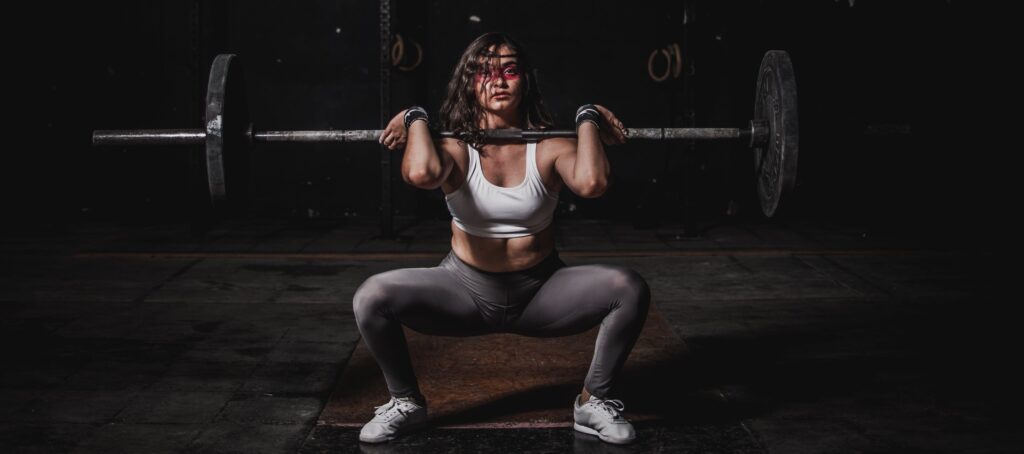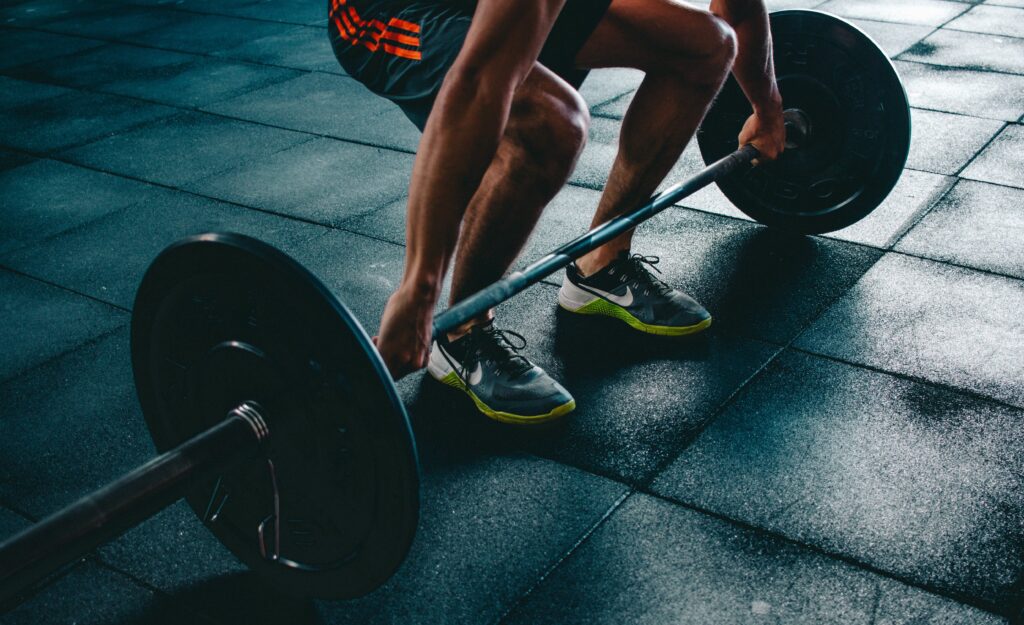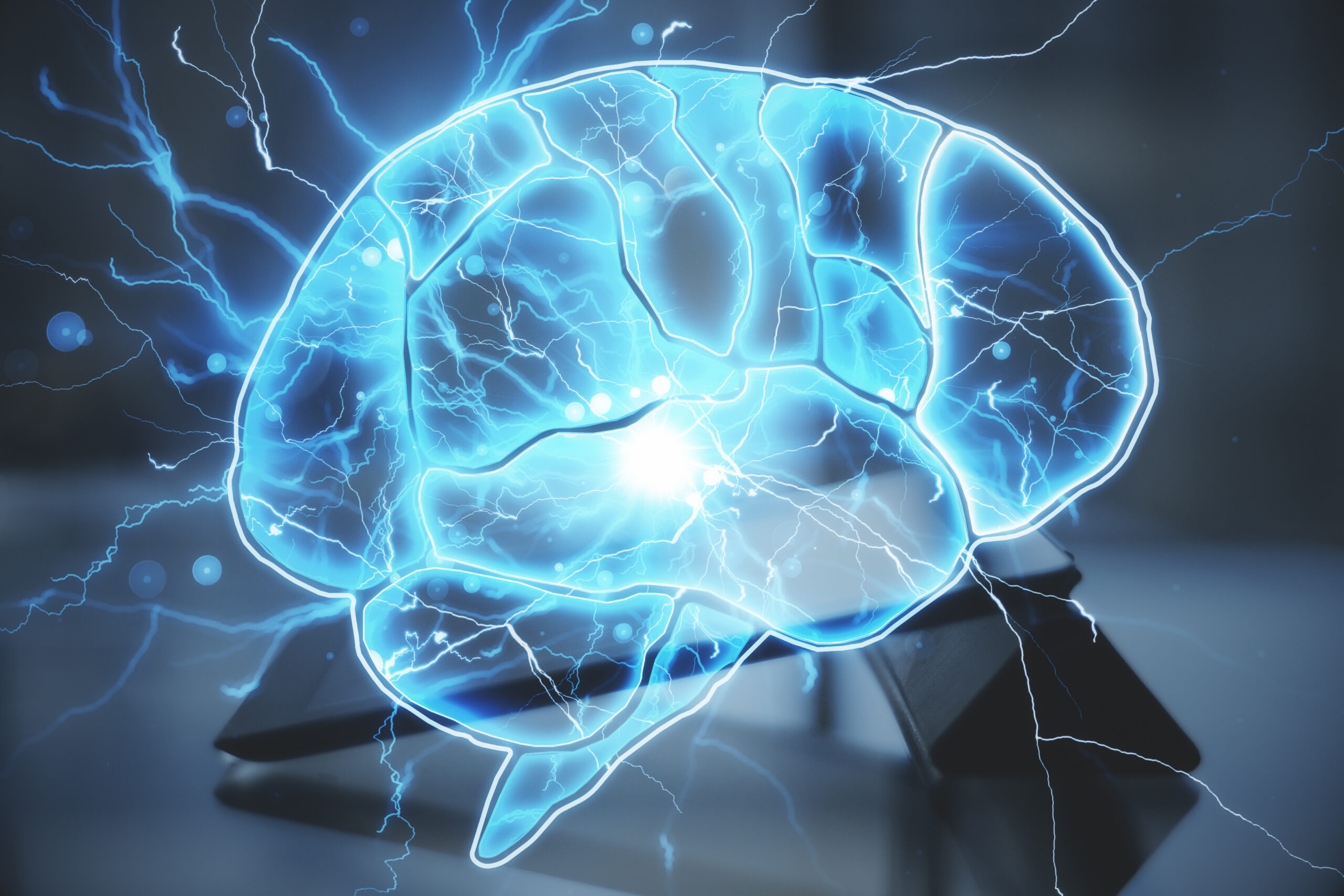«Fitness» is surely a broad term that carries a different meaning for each person – but we can all agree that is understood as referring to your optimal health and well-being. This involves a balanced diet and an active way of life, which normally includes certain degree of physical activity.
For a more in-depth analysis, we can easily break down the whole concept of fitness applied to a person’s physical well-being into five fundamental elements:
- – Cardiorespiratory endurance
- – Muscular endurance
- – Muscular strength
- – Flexibility and mobility
- – Body composition
As you are surely familiar with, creatine is the one of the most studied, scientifically backed and popular ergogenic nutritional supplements on the market for both athletes and casual users. In this new blog we will explore the relationship between the use of creatine supplementation and the aforementioned elements of fitness to determine how useful its intake can be as an improvement in our body health and overall way of life.
Regarding the key component of creatine in dieting and fitness, you can check a more in-depth analysis through this link.
And now, without further ado, let’s review CREATINE AND THE FIVE ELEMENTS OF FITNESS.

CARDIORESPIRATORY AND MUSCULAR ENDURANCE
Cardiorespiratory endurance is our ability to perform an activity, with our heart rate elevated, for a certain amount of time. Forms of exercise that depend on cardiorespiratory endurance include long-distance running, swimming, and cycling. This fitness element also affects a person’s ability to perform less intense but sustained whole-body activities, such as brisk walking or stair climbing.
Muscular endurance is the ability of our muscles to continue performing an activity without fatiguing. Naturally, high levels of muscular endurance are of invaluable help when performing physical activity, greatly increasing athletic performance in endurance sports by improving the aerobic capacity of muscles, but also helping posture and stability, as well as carrying out daily functional activities.

In these aspects, creatine supplementation has proven to be of great help. Essentially, creatine keeps ATP systems running to enhance performance in real-time, buffering the development of lactic acid allowing for longer workouts. Additionally, endurance sports naturally deplete our muscle glycogen stores. Since creatine helps increase glycogen levels, its supplementation may lead to performance boosting – not to mention improved recovery times through its cell health restoration properties.
For more specific examples, it has been scientifically proven that individuals supplementing their diet with creatine experience less muscle damage, inflammation and muscle soreness in response to running 30-40 km, which is of invaluable help in particular cases of long-distance runners and cyclists, among others.
The combination of cardiorespiratory endurance naturally provided by target-oriented training and the extra aid creatine contributes to muscular endurance leaves little doubt to the efficiency of its supplementation regarding prolonged exercise.

MUSCULAR STRENGTH
Muscular strength is, essentially, our ability to exert force during an activity, be it for lifting or for moving weight. Again, muscular strength is key for a wide range of physical activities, such as certain intermittent sports, as well as for more specific tasks such as bodybuilding and weightlifting.
One of the primary benefits of creatine is an improvement in strength and power output during exercise, promoting significantly greater gains in performance of high intensity exercise tasks.
As we mentioned before, creatine supplementation during training has been reported to quickly regenerate ATP levels. This replenishment of ATP is crucial for strength workout, which is often short in duration (under 30 seconds) and performed at a very high intensity.

As an example, we can take this study, which shows that short-term creatine supplementation can improve maximal power/strength, performance during sets of maximal effort muscle contractions, single-effort sprint performance, and work performed during repetitive sprint performance, as well as muscle strength for athletes by as much as 15%.
Again, creatine supplementation does not only benefit active athletes. Several studies stress that it is associated with significant increases in muscle strength for athletes during off-season regular training too.
As a final note regarding muscular strength, the progressive decrease in muscle mass, strength and functionality associated with age – known as sarcopenia — can also be mitigated with creatine supplementation, according to research.

FLEXIBILITY AND MOBILITY
The range of motion around our joints plays a very important part in physical activity. Lack of proper training in this regard can make your muscles shorten and tighten, which puts them at a higher risk for injury during movement and resulting in pulled muscles, strains and muscle tearing. This is why it is so basic to stretch before and after training. Once you develop strength and flexibility in your body, you will be able to withstand more physical stress and improve your balance and physical performance.
Although it was speculated that creatine supplementation may cause muscle stiffness and suggested that it could eventually provoke muscle strain injuries, research has strongly debunked these theories.
Creatine has proved to be an all-around beneficial supplement regarding muscle endurance and strength, lean muscle mass and muscle growth. These properties, combined with proper stretching and flexibility training, are a solid formula toward the development of a strong and flexible body.

BODY COMPOSITION
Body composition is a term that refers to the percentage of fat, bone, and muscle in your body. The analysis of these levels can help us improve our health, since healthier body composition involves less fat and more muscle mass. Too much body fat can lead to risks like diabetes, heart disease, and other health problems, while higher bone density and muscle mass is key to athletic performance and physical activity.
Creatine supplementation promotes muscle growth by triggering several processes that lead to the formation of new proteins and hormones (such as IGF-1), subsequently creating new muscle mass. It also promotes cell volumization, which increases water content in muscle cells, increasing its size in a completely fat-free process. Research also suggests that creatine decreases levels of a muscle growth-stunting molecule called myostatin.
Furthermore, creatine plays a role in increasing bone mineral density in elder populations and postmenopausal women by reducing inflammation, oxidative stress and bone resorption It has also been suggested as a good dietary supplement for sports requiring a low body weight, aesthetically judged sports and weight-class sports.

CONCLUSION
Once again, creatine seems to have earned its reputation as an all-around effective nutritional supplement for athletes, as we have seen in this article exploring the relationship between creatine and the five elements of fitness.
Regarding cardiorespiratory and muscular endurance, it affects ATP replenishment, lactic acid development and muscle glycogen levels to boost performance in endurance sports and prolonged workout. For muscular strength, it promotes power output during high-intensity exercise for athletes on and off-season, boosting performance peaks and contributing to a strong and flexible body. Moreover, through different processes like cell volumization and the triggering of muscle-building processes, creatine helps promoting a healthier body composition.
For optimal performance, the recommended dose of creatine intake is 3-5 grams a day of a supplementation that contains both creatine monohydrate and phosphocreatine. You can try Clonapure®, which is manufactured in a GMP site and has been submitted to continuous testing (HPLC) to have its purity and quality properly verified. If you wish to try Clonapure®, you can check this link.








